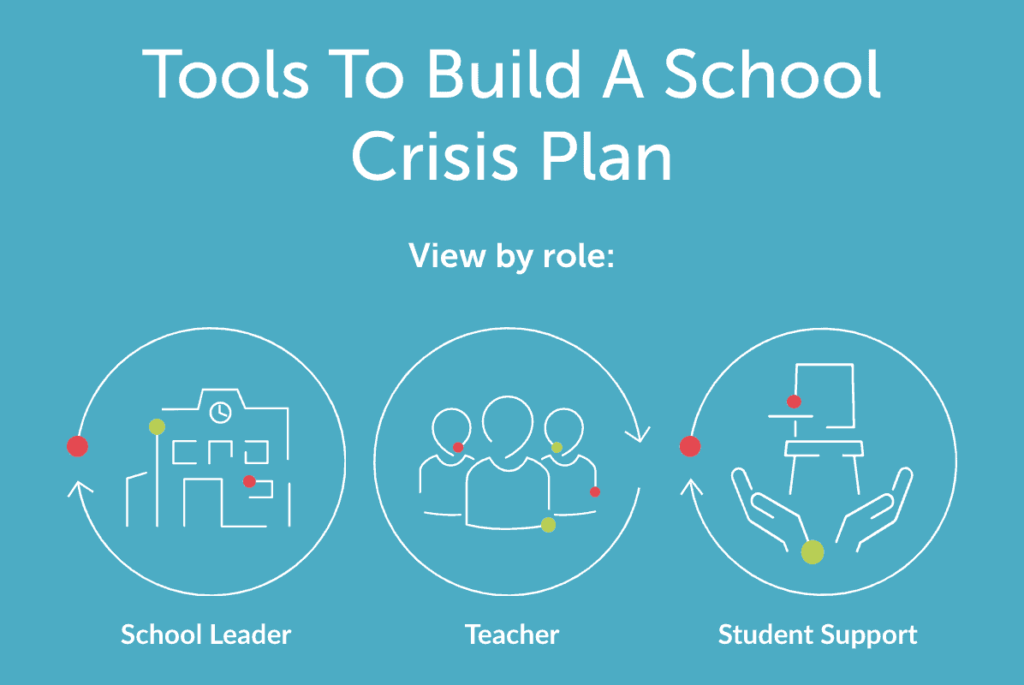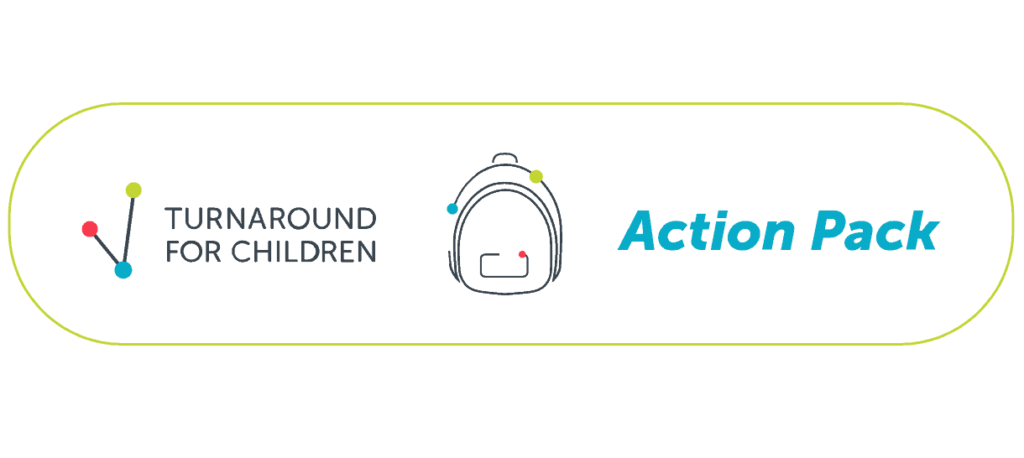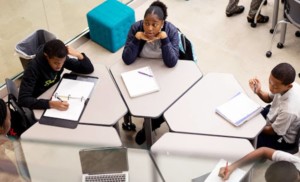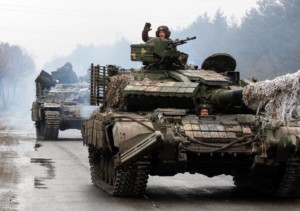Responding to Crisis With A Tiered Supports System

In the wake of the 9/11 attacks, Turnaround for Children was founded to address the impact of trauma on New York City public school students.
When Dr. Pamela Cantor was called to bring trauma-informed interventions for students, she didn’t know there would be such a confluence of crises in our country that the body of work she and her team have been building at Turnaround for Children would be so instrumental to serving the whole child with fidelity.
With the stark baseline that in times without a pandemic or turmoil caused by systemic racial injustice, 35 million students facing trauma or crisis is troubling enough. The events of this calendar year leading into the peculiar launch of the current school year, that number has already proven to be escalating significantly.
Turnaround’s recent release of a tiered support system action pack takes this advanced learning science and makes it accessible for educators to respond to the crises children and families are currently facing. With a focus on crisis instead of compliance or academic performance, the tiers for intervention are as follows:
- Tier 1 supports are universal and are applicable to all students
- Tier 2 supports are designed to provide selective supports to individuals or groups of students whose needs are not being met by Tier 1 supports
- Tier 3 supports are designed to provide more intensive, individualized supports for students whose needs are not met by Tier 1 or Tier 2 supports
And now, with educators in a constant state of professional learning, Turnaround’s new action pack helps school staff identify indicators of crisis or trauma and have a clear path forward for supporting that student in their time of need, in an increasingly acute, and personalized manner.
The Responding to Crisis Action Pack draws from other Turnaround resources such as their Building Blocks for Learning which provides a prioritization of the skills, habits, and knowledge that propel a student’s development. It also aligns with their Vision for School and Student Success, which focuses on creating the sort of school environment for those elements to be fostered. Such a plan should cover the following four principles:
- Recognize and support the needs of all children to understand that each child’s needs fluctuate throughout their academic careers.
- Provide supports in a holistic and integrated way. A school environment should function like the human body, made up of different parts all working in sync with one goal in mind: to keep us alive. All body parts, though different in function and size, are dependent on one another.
- Require strong collaboration among all adults in a student’s context. The commitment to a holistic approach that addresses the student’s environment, their relationships, and the development of their skills and mindsets, along with a strong curriculum, requires a collaborative approach.
- Operate with an understanding of the impact of trauma and adversity on learning and development. A strong understanding of the roots of trauma-related challenges and the impact of traumatic experiences on learning and development.
Turnaround’s team of educators and trauma-focused learning scientists even provide specific tips for holding initial meetings with other members of staff and instantiate a culture of response.
School leaders will benefit from the action pack and supporting materials for making decisions on staffing, processes, and bolstering their own expertise in putting together a crisis response plan. With clear instructions for educators to assess imminent risk and guidance for referring students for advanced support, the goal is to quickly address these needs before they cause students more stress and interrupt their social and emotional development.
Turnaround for Children is the leader in the field of whole-child education, and currently working on even more tools and resources to respond to the emerging needs of children and those that serve them.
For more, see:
- Turnaround’s Coronavirus (COVID-19) Pandemic Resources
- Fortified Environments Turnaround Impacts of Poverty
- Podcast: Pamela Cantor, M.D. on Childhood Development
Stay in-the-know with innovations in learning by signing up for the weekly Smart Update. This post includes mentions of a Getting Smart partner. For a full list of partners, affiliate organizations and all other disclosures, please see our Partner page.







0 Comments
Leave a Comment
Your email address will not be published. All fields are required.